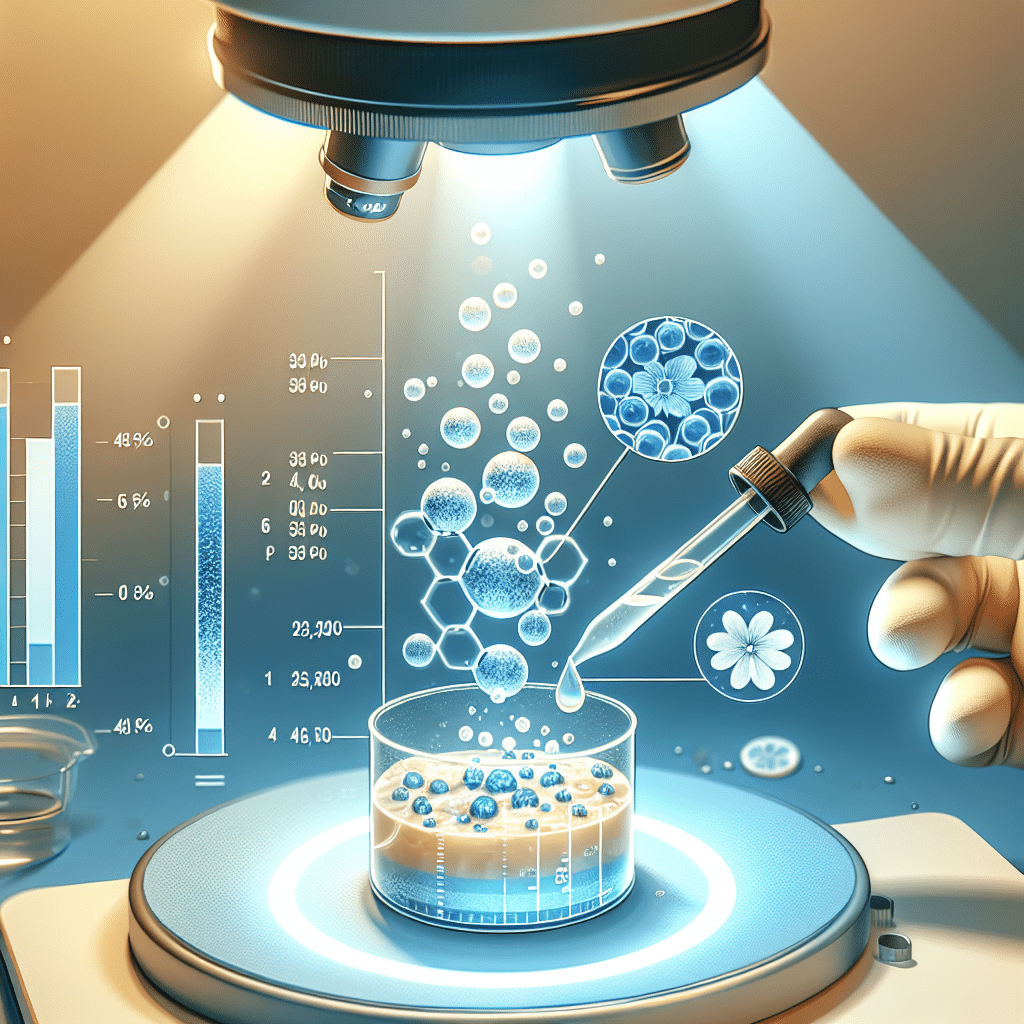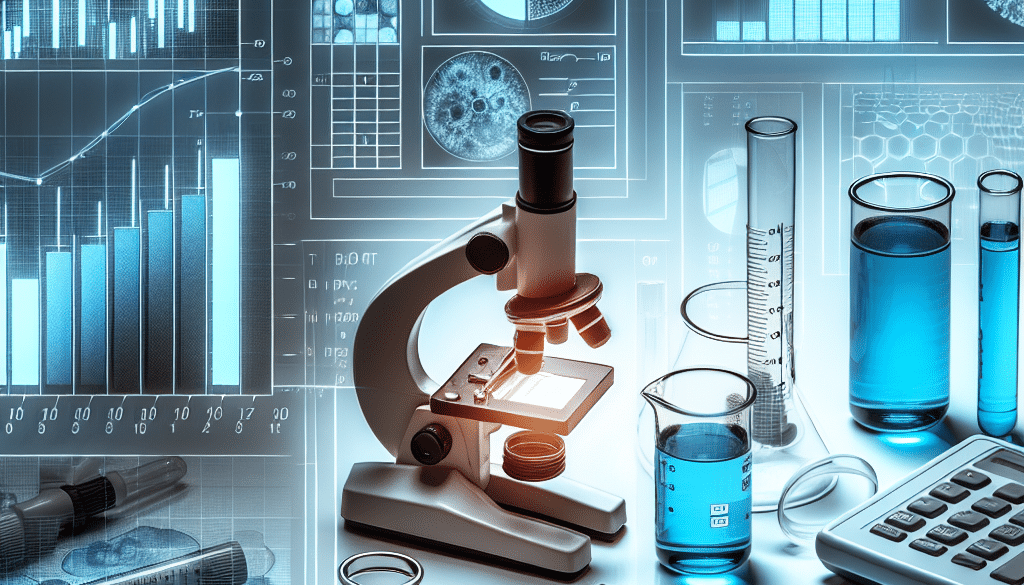Synthetic Urine: Protein and Sugar Levels Examined
-
Table of Contents
- Synthetic Urine: A Deep Dive into Protein and Sugar Levels
- Understanding Synthetic Urine
- The Role of Proteins and Sugars in Urine
- Composition of Synthetic Urine
- Protein Levels in Synthetic Urine
- Sugar Levels in Synthetic Urine
- Challenges in Creating Authentic Synthetic Urine
- Case Studies and Statistics
- Regulatory Perspectives on Synthetic Urine
- Conclusion: The Balancing Act of Synthetic Urine Formulation
- Discover High-Quality Protein with ETprotein
Synthetic Urine: A Deep Dive into Protein and Sugar Levels

Synthetic urine has become a topic of interest for various reasons, ranging from its use in scientific research to its controversial role in circumventing drug tests. Understanding the composition of synthetic urine, particularly its protein and sugar levels, is crucial for both legitimate and regulatory purposes. This article examines the intricacies of synthetic urine, focusing on the presence and significance of proteins and sugars within these artificial formulations.
Understanding Synthetic Urine
Synthetic urine is a substance designed to mimic the chemical properties, physical appearance, and composition of human urine. It is commonly used in laboratory settings to calibrate urine testing equipment, in medical research, and in product development, such as the testing of diapers and cleaning agents. However, it has also gained notoriety for its use in attempting to deceive drug tests.
The Role of Proteins and Sugars in Urine
In natural human urine, proteins and sugars can be indicators of health. Proteins, such as albumin, are typically present in trace amounts, if at all. Their presence in significant levels can indicate kidney issues or other health problems. Sugars, particularly glucose, should also be absent or present in very low concentrations. Elevated sugar levels in urine are often a sign of diabetes or other metabolic disorders.
Composition of Synthetic Urine
Synthetic urine is crafted to closely resemble the chemical makeup of human urine. It contains water, urea, creatinine, pH balance, and sometimes uric acid, among other components. The inclusion of proteins and sugars in synthetic urine is less common, as these are not primary components tested in standard urinalysis. However, for more sophisticated testing, synthetic urine may need to include these components to pass as authentic.
Protein Levels in Synthetic Urine
The presence of proteins in synthetic urine is a complex issue. High-quality synthetic urine may contain albumin or other proteins to mimic the trace amounts found in real urine. The concentration of these proteins is carefully calibrated to avoid detection as either too high, which would indicate a medical condition, or too low, which would signal that the sample is not genuine.
Sugar Levels in Synthetic Urine
Similarly, sugars in synthetic urine must be managed with precision. While glucose may be added, it is done so in concentrations that would not typically raise alarms during a standard urinalysis. The goal is to present a balance that is neither indicative of a clean bill of health nor of a medical issue.
Challenges in Creating Authentic Synthetic Urine
Manufacturers of synthetic urine face the challenge of staying ahead of testing technology. As drug testing methods become more sophisticated, so too must the formulations of synthetic urine. This arms race leads to continuous adjustments in the levels of proteins, sugars, and other components to avoid detection.
Case Studies and Statistics
There are numerous case studies where synthetic urine has been used in research settings to develop medical treatments or to test the efficacy of urine analysis equipment. However, statistics on the use of synthetic urine to cheat drug tests are harder to come by, as this is an illicit activity. Nonetheless, reports from drug testing companies suggest that the detection of synthetic urine is on the rise, indicating both its increased use and the improved ability of labs to identify it.
Regulatory Perspectives on Synthetic Urine
Given its potential for misuse, several states in the U.S. have enacted laws to regulate the sale and distribution of synthetic urine. These regulations aim to curb the use of synthetic urine for fraudulent purposes while still allowing its use in legitimate scientific and industrial applications.
Conclusion: The Balancing Act of Synthetic Urine Formulation
In conclusion, the formulation of synthetic urine is a delicate balance of mimicking the natural composition of human urine while avoiding detection by increasingly sophisticated testing methods. Protein and sugar levels are critical components that must be carefully calibrated to create a convincing substitute. As technology advances, the science of synthetic urine will continue to evolve.
Discover High-Quality Protein with ETprotein
If you’re in the market for premium protein products, consider ETprotein’s offerings. Their extensive range of plant-based proteins is ideal for various industries, including nutraceuticals, pharmaceuticals, and food and beverage. With a commitment to non-GMO, allergen-free products, ETprotein stands out as a leading supplier of high-quality protein solutions.
About ETprotein:
ETprotein, a reputable plant protein vegan protein Chinese factory manufacturer and supplier, is renowned for producing, stocking, exporting, and delivering the highest quality organic bulk vegan protein and plant proteins. They include Organic rice protein, clear rice protein, pea protein, clear pea protein, watermelon seed protein, pumpkin seed protein, sunflower seed protein, mung bean protein, peanut protein etc. Their offerings, characterized by a neutral taste, non-GMO, allergen-free attributes, cater to a diverse range of industries. They serve nutraceutical, pharmaceutical, cosmeceutical, veterinary, as well as food and beverage finished product distributors, traders, and manufacturers across Europe, USA, Canada, Australia, Thailand, Japan, Korea, Brazil, and Chile, among others.
ETprotein specialization includes exporting and delivering tailor-made protein powder and finished nutritional supplements. Their extensive product range covers sectors like Food and Beverage, Sports Nutrition, Weight Management, Dietary Supplements, Health and Wellness Products, and Infant Formula, ensuring comprehensive solutions to meet all your protein needs.
As a trusted company by leading global food and beverage brands and Fortune 500 companies, ETprotein reinforces China’s reputation in the global arena. For more information or to sample their products, please contact them and email sales(at)ETprotein.com today.












